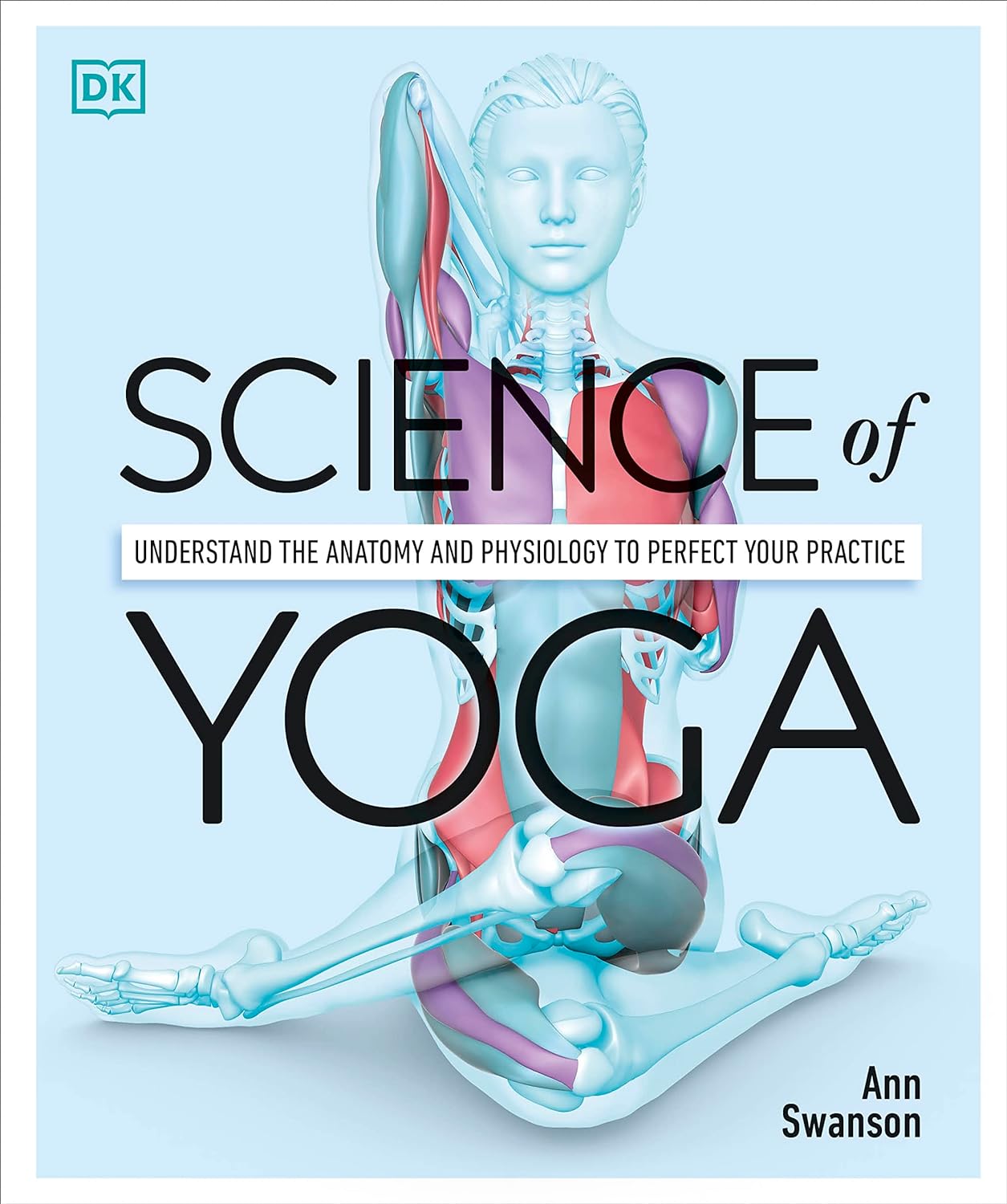Restful Sleep: Restorative Remedy for Insomnia

Before diving in, please note: This post is for informational purposes only. If you’d like to know more about how we approach topics, feel free to check out our friendly Disclaimer Page.
Hey there, amazing readers! 🖐️ Just a quick note: yes, we know there are a lot of ads here. Trust us, we get it—it’s not the prettiest look, but they help us keep this blog alive and kicking. Those pesky little ads cover the costs of all the behind-the-scenes magic, from hosting and tech stuff to creating content we hope you’ll love.
We’re committed to delivering quality posts, and your support (even just sticking around despite the ads) means everything to us. So, bear with us, and thanks for helping us keep the good vibes rolling. Now, on to the fun stuff! 😉
TRANSLATE BUTTON AT THE END OF THE ARTICLE
A Quick Overview
Sleep is essential for our overall health and well-being, playing a crucial role in various bodily functions such as memory consolidation, immune system regulation, and mood regulation.
However, for many individuals, achieving restful sleep can be a challenge due to insomnia.
Insomnia is a common sleep disorder characterized by difficulty falling or staying asleep, leading to inadequate rest and potential negative impacts on physical and mental health.
In this article, we will delve into the causes and symptoms of insomnia, explore its effects on health, and discuss effective strategies for improving sleep hygiene and promoting restful sleep.
Understanding Insomnia: Causes and Symptoms
Insomnia can be caused by a variety of factors, including stress, anxiety, depression, poor sleep habits, medical conditions, medications, and caffeine or alcohol consumption.
Symptoms of insomnia may include difficulty falling asleep, waking up frequently during the night, waking up too early and being unable to fall back asleep, and experiencing non-restorative sleep.
Chronic insomnia, lasting for more than three months, can have a significant impact on an individual’s quality of life and overall health.
Impact of Insomnia on Physical and Mental Health
The consequences of insomnia extend beyond feeling tired during the day.
Chronic insomnia has been linked to an increased risk of developing medical conditions such as obesity, diabetes, cardiovascular disease, and mental health disorders like depression and anxiety.
Sleep deprivation can impair cognitive function, memory, and decision-making skills, leading to decreased productivity and an overall decline in quality of life.
Importance of Restful Sleep for Overall Well-being
Restful sleep is crucial for our physical, mental, and emotional well-being.
During sleep, the body repairs tissues, consolidates memories, and regulates hormones.
Adequate restful sleep is essential for maintaining a healthy immune system, managing stress, and promoting emotional stability.
A good night’s sleep can improve mood, cognitive function, and overall quality of life.
Strategies for Improving Sleep Hygiene
Improving sleep hygiene involves adopting healthy habits and behaviors that promote restful sleep.
Some strategies for enhancing sleep hygiene include establishing a regular sleep schedule, creating a bedtime routine, avoiding stimulants like caffeine and nicotine before bedtime, and ensuring a comfortable sleep environment.
Additionally, engaging in relaxation techniques such as deep breathing exercises or meditation can help promote a sense of calm before bed.
Benefits of Establishing a Bedtime Routine
Establishing a bedtime routine signals to the body that it is time to prepare for sleep, helping to regulate the sleep-wake cycle.
A consistent bedtime routine can include activities such as reading a book, taking a warm bath, or practicing gentle yoga stretches.
Engaging in calming and relaxing activities before bed can help prime the body for restful sleep and improve overall sleep quality.
Creating a Relaxing Sleep Environment
A comfortable and relaxing sleep environment is essential for promoting restful sleep.
Keep your bedroom cool, dark, and quiet to create an optimal sleeping environment.
Invest in a comfortable mattress and pillows that support your body and promote good posture.
Removing electronic devices like smartphones and TVs from the bedroom can also help decrease distractions and signal to the brain that it is time to wind down for sleep.
Incorporating Mindfulness and Relaxation Techniques
Practicing mindfulness and relaxation techniques can help calm the mind and body, reducing stress and promoting restful sleep.
Engage in activities such as meditation, progressive muscle relaxation, or guided imagery before bed to help quiet the mind and prepare for sleep.
Mindfulness practices can improve overall sleep quality and contribute to a greater sense of well-being.
Role of Diet and Exercise in Promoting Restful Sleep
Maintaining a healthy diet and regular exercise routine can positively impact sleep quality.
Avoid heavy meals, caffeine, and alcohol close to bedtime, as these can disrupt sleep patterns.
Engaging in regular physical activity can help reduce stress, improve mood, and promote better sleep.
Aim for a balanced diet rich in fruits, vegetables, whole grains, and lean proteins to support overall health and sleep quality.
Limiting Screen Time Before Bed
Exposure to screens emitting blue light, such as smartphones, tablets, and computers, before bed can interfere with the production of melatonin, a hormone that regulates sleep-wake cycles.
Limit screen time at least an hour before bedtime and opt for relaxing activities like reading a book or listening to calming music instead.
Creating a screen-free bedtime routine can help improve sleep quality and promote restful sleep.
Seeking Professional Help for Chronic Insomnia
If insomnia persists despite implementing healthy sleep habits, it may be necessary to seek professional help.
A healthcare provider can conduct a thorough evaluation to identify underlying causes of insomnia and recommend appropriate treatment options.
Cognitive behavioral therapy for insomnia (CBT-I) is a highly effective non-pharmacological treatment that addresses the root causes of insomnia and helps individuals develop healthy sleep patterns.
Exploring Natural Remedies for Insomnia
In addition to lifestyle changes and professional help, natural remedies can complement treatment for insomnia.
Herbal supplements like valerian root, chamomile tea, or melatonin may help promote relaxation and improve sleep quality.
Establishing a calming bedtime routine that includes aromatherapy, soothing music, or relaxation exercises can also aid in promoting restful sleep.
However, it is important to consult with a healthcare provider before trying any natural remedies to ensure they are safe and effective.
The Power of Cognitive Behavioral Therapy for Insomnia
Cognitive behavioral therapy for insomnia (CBT-I) is a structured program that helps individuals address negative thoughts and behaviors that contribute to sleep difficulties.
CBT-I focuses on improving sleep hygiene, changing unhealthy sleep habits, and promoting relaxation techniques to enhance sleep quality.
Research has shown that CBT-I is a highly effective treatment for insomnia, often yielding long-lasting results without the need for medications.
Conclusion
In conclusion, restful sleep is a restorative remedy for insomnia that is essential for our overall health and well-being.
Understanding the causes and symptoms of insomnia, as well as the impact it can have on physical and mental health, is crucial in developing effective strategies for improving sleep hygiene and promoting quality sleep.
By establishing a bedtime routine, creating a relaxing sleep environment, incorporating mindfulness and relaxation techniques, maintaining a healthy diet and exercise routine, and seeking professional help when needed, individuals can take proactive steps towards achieving restful sleep and enhancing their quality of life.
Remember, prioritizing restful sleep is a key component of a healthy lifestyle and contributes to overall well-being.

The Enlightenment Journey is a remarkable collection of writings authored by a distinguished group of experts in the fields of spirituality, new age, and esoteric knowledge.
This anthology features a diverse assembly of well-experienced authors who bring their profound insights and credible perspectives to the forefront.
Each contributor possesses a wealth of knowledge and wisdom, making them authorities in their respective domains.
Together, they offer readers a transformative journey into the realms of spiritual growth, self-discovery, and esoteric enlightenment.
The Enlightenment Journey is a testament to the collective expertise of these luminaries, providing readers with a rich tapestry of ideas and information to illuminate their spiritual path.
Our Diverse Expertise 🌟
While our primary focus is on spirituality and esotericism, we are equally passionate about exploring a wide range of other topics and niches 🌍📚. Our experienced team is dedicated to delivering high-quality, informative content across various subjects ✨.
To ensure we provide the most accurate and valuable insights, we collaborate with trusted experts in their respective domains 🧑🏫👩🏫. This allows us to offer well-rounded perspectives and knowledge to our readers.
Our blog originally focused on spirituality and metaphysics, but we’ve since expanded to cover a wide range of niches. Don’t worry—we continue to publish a lot of articles on spirituality! Frequently visit our blog to explore our diverse content and stay tuned for more insightful reads.






